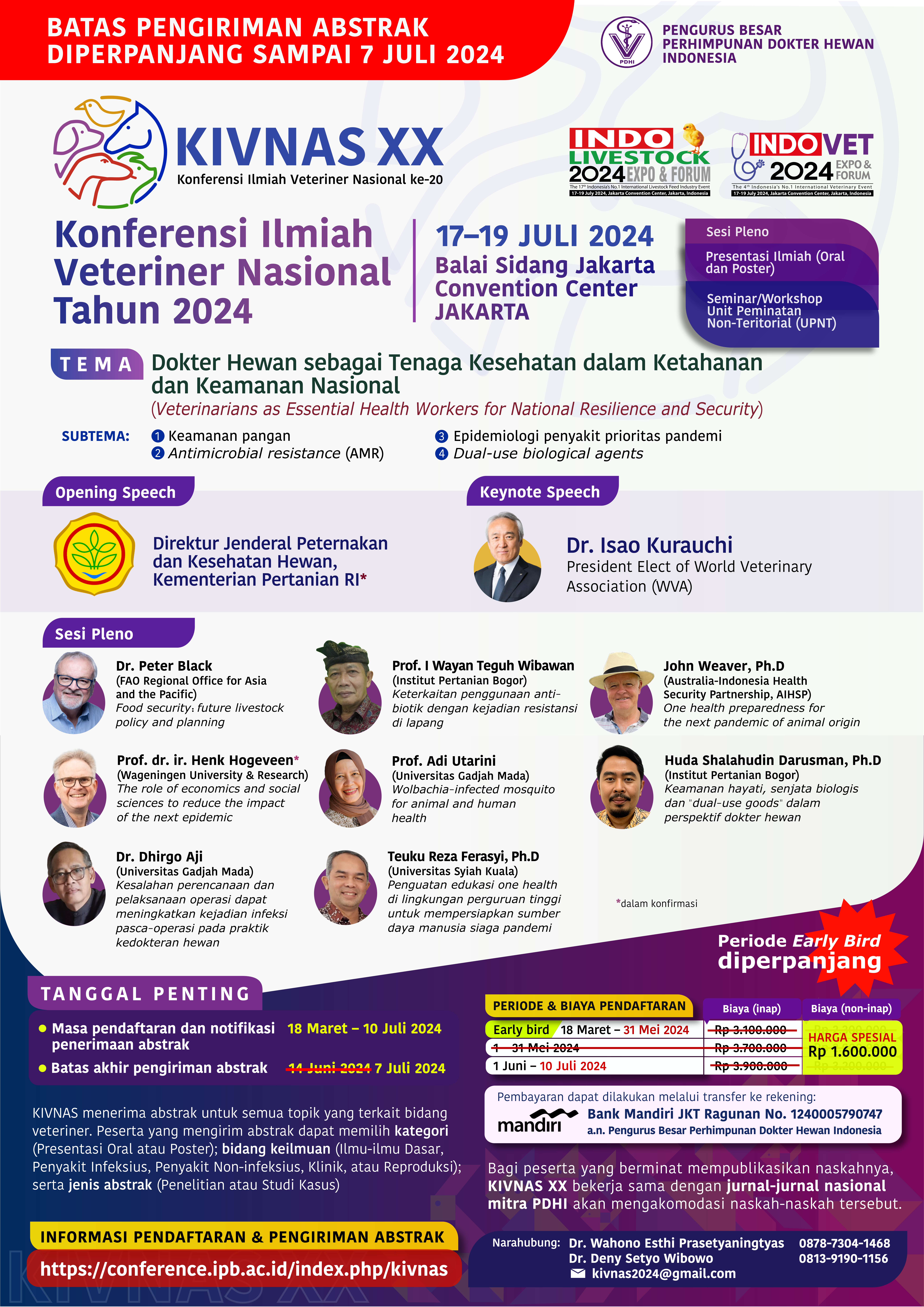Wolbachia-Infected Ae. aegypti for Human Health: Evidences for controlling Dengue in Yogyakarta Special Province
Keywords:
Wolbachia-infected mosquitoes, Dengue control, public health evidence, Yogyakarta intervention, vector control strategyAbstract
Wolbachia-infected mosquito has been used in large public health programs to cope with the increasing transmission of mosquito-borne arboviruses coupled with limited effectiveness of the current existing vector control strategies. Dengue cases are substantially increasing globally. As of 30 April 2024, over 7.6 million dengue cases have been reported to WHO in 2024, surpassing the 4.6 million cases in 2023. This collective threat urges global collaborative efforts to strengthen dengue preparedness, prevention, and control. The World Mosquito Program (WMP) Yogyakarta applies the wMel strain of Wolbachia Ae. aegypti for reducing Dengue infection in Yogyakarta Special Province. The evidence of its impact and lessons learnt to scale-up the intervention at the national level will be described.
Through a collaboration between Universitas Gadjah Mada, Monash University/WMP Global and Tahija Foundation, the program is implemented in four phases. A preparatory and feasibility phase for the first two years (2011-2013), followed by a pilot deployment of Wolbachia Ae. aegypti in four small communities in Sleman and Bantul districts (2014-2015). To provide the public health evidence on its impact to reduce dengue infection, the impact study was carried out in phase 3 (2016-2020), succeeded by mosquito releases in the trial control areas. With continuous acceptance from the community and stakeholders, phase 4 (2021-2022) applied the implementation model to deploy Wolbachia Ae. aegypti to the adjacent districts under the leadership of the dengue control program at the district level.
The impact trial showed efficacy of 77.1% reduction with similar effect against the four dengue virus serotypes. Incidence of hospitalization for symptomatic, confirmed dengue was 86.2% lower in areas with Wolbachia intervention. When the intervention was applied to cover the control areas in Yogyakarta City, the release of Wolbachia-infected Ae. aegypti resulted in 83% reduction of dengue nofication cases and 83% fewer insecticide fogging.
With these strong public health evidences from Yogyakarta and other countries applying the same replacement strategy of the Wolbachia method, recommendations from the Vector Control Advisory Group, WHO Geneva, the Indonesian Academy of Sciences and recently also from the Commission IX of the House of Representatives of the Republic of Indonesia, the Ministry of Health then made a new policy to implement the technology as a complementary strategy to the existing national dengue control in a stepwise manner. Ability to coordinate with multilevel stakeholders, undertake continuous community engagement and adapt the research procedures into the implementation model are among the key lessons learnt during the transition from a long-term research project to adoption and implementation in the national health program.



